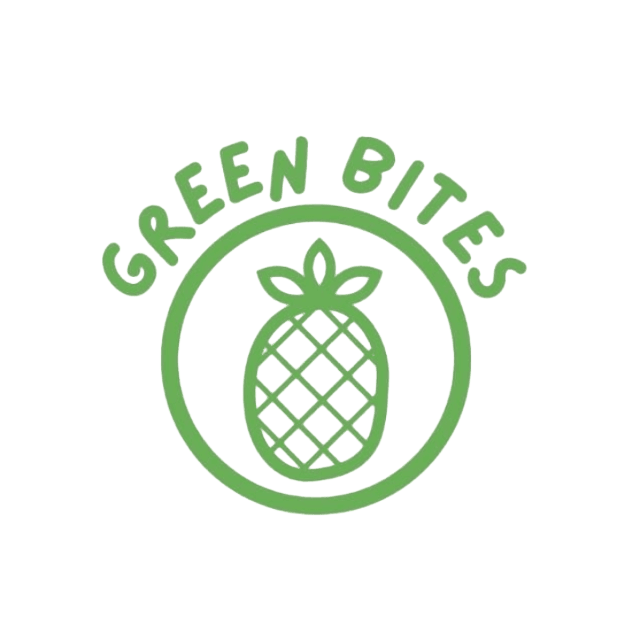There's An Easy Way...

15 April 2024
When my kids were in middle school, they participated in Science Olympiad. My favorite event was "Mission Possible", where they created a Rube Goldberg Machine to complete designated mission parameters. All of the steps were required, though how you executed them was up to you. In real life, a RGM is, by design, the most inefficient way to do something, a task completed via many miscellaneous and unnecessary middle steps. The world record is a 427-step machine, and there's this 9 minute video on making a glass of lemonade.
I was thinking about this when I entered a discussion in my local facebook group the other day. Several residents had complained that our town recycling pickup was inadequate (cardboard only bi-weekly in the age of internet shopping!).
Marks & Spencer (a UK department store) is investing £1 million ($1.25 million) to find a diet that makes cows' burps and farts more “eco-friendly”. Researchers at Long Island's Brookhaven National Lab have figured out how to convert carbon dioxide into solid carbon nanofibers to offset carbon emissions. The plant based food market has been booming (to the tune of $11.3 billion in the US last year), as food manufacturers churn out more “value added” animal food alternatives.
Are there easier or more efficient ways? Well, in the case of our town garbage pickup, I suggested that we cut down our waste altogether.
We can reduce/consolidate online shopping (less cardboard), choose less plastic packaging (powdered laundry detergent and dishwasher soap works great, and I even found a plastic-free shampoo bar I love), re-use glass jars (my favorite!), limit food waste (through mindful shopping and an organized fridge) and compost what is left.
Re: climate change and carbon footprint, I'm of the opinion that it's a lot easier to reduce than to react. Sure, we can (and should) find a way to improve bovine diets to reduce methane emissions (cows are actually the top source of methane in the US). But swapping out beef (with literally anything else) in a single meal can reduce a person’s carbon footprint for that day by up to half. Cows may be the Rube Goldberg of food, taking plants through a series of thirsty, carbon-emitting steps to produce a final product.
Manufactured “meat alternatives” may be better, but, as with all food choice, it's relative. Although they may have a lower environmental footprint, they are also heavily processed, adding extra steps when IMHO a simple chickpea will do (btw chickpeas can actually take nitrogen out of the air to produce their own natural fertilizer).
The problem with recycling, carbon offsets and relying on technical solutions to our problems is that it becomes a way to avoid responsibility for our current actions. It's time for all hands on deck. This Earth Month, I encourage you to be mindful about your consumption (not just food!). Nature is crazy and amazing at times, but every step has a purpose. Don't be a Rube Goldberg Machine when it comes to our natural resources!
Contact Green Bites
Let's Talk
I'll get back to you soon to discuss your needs.
